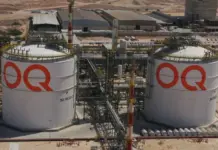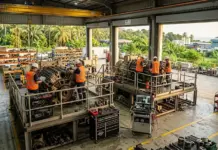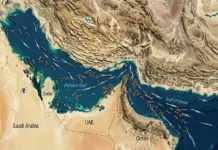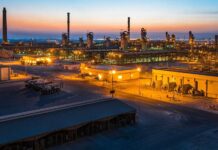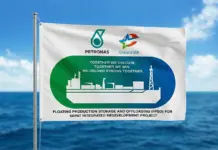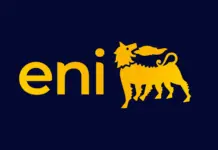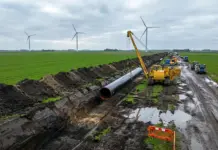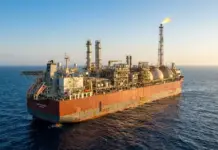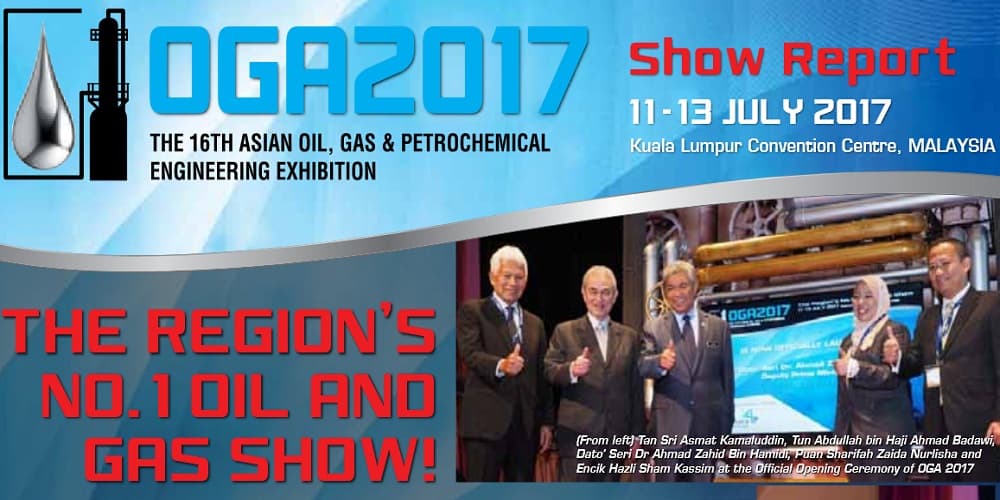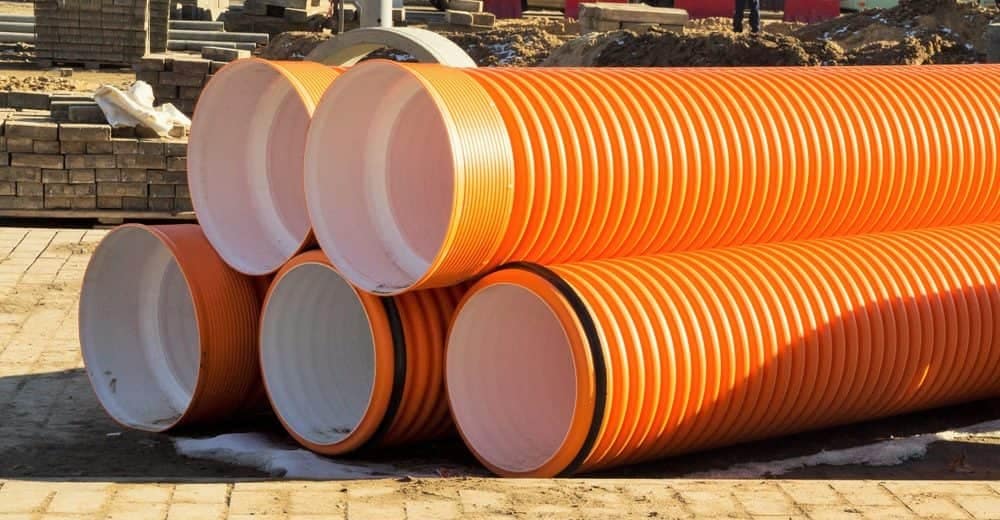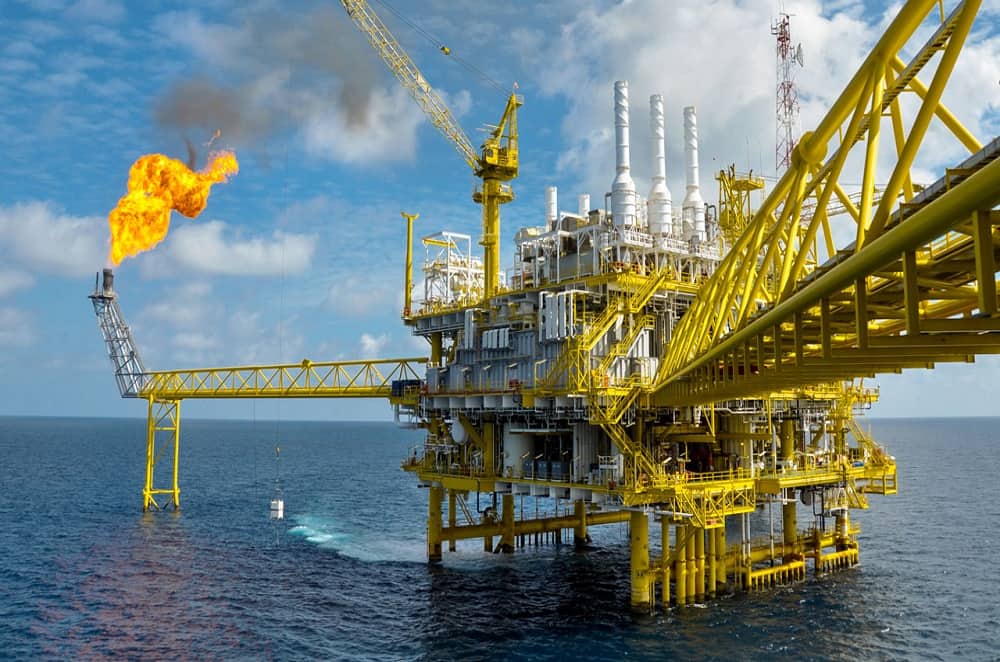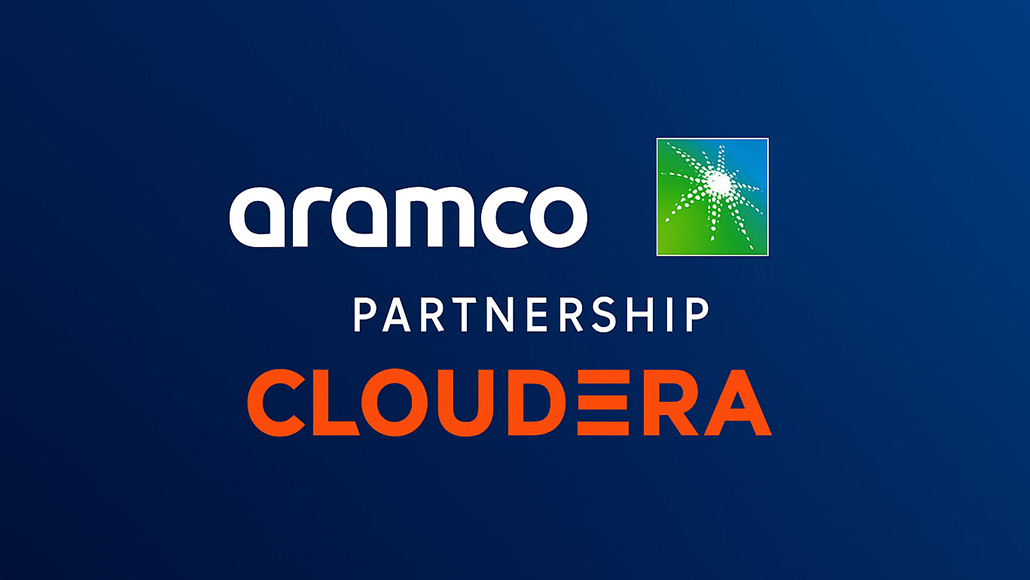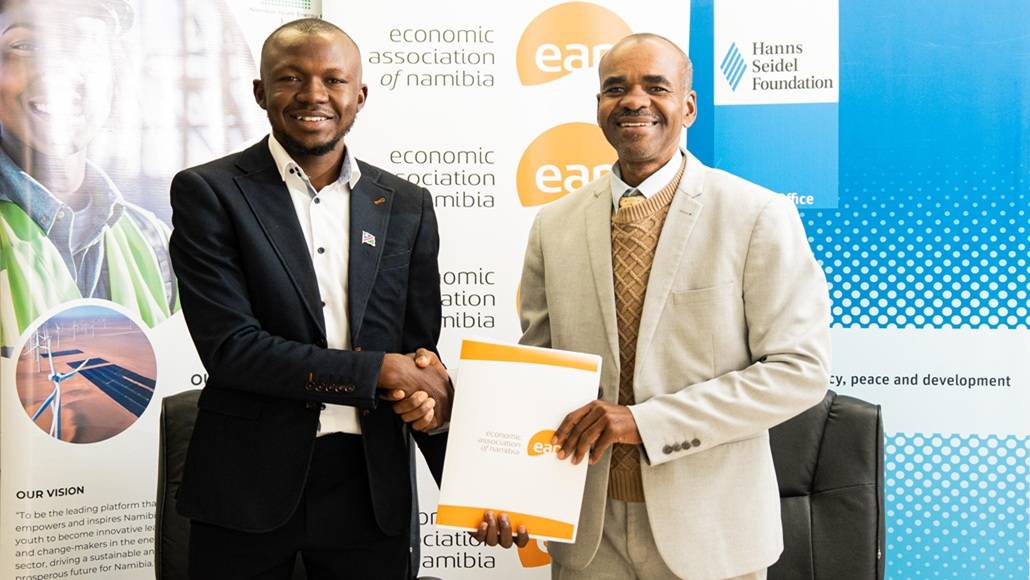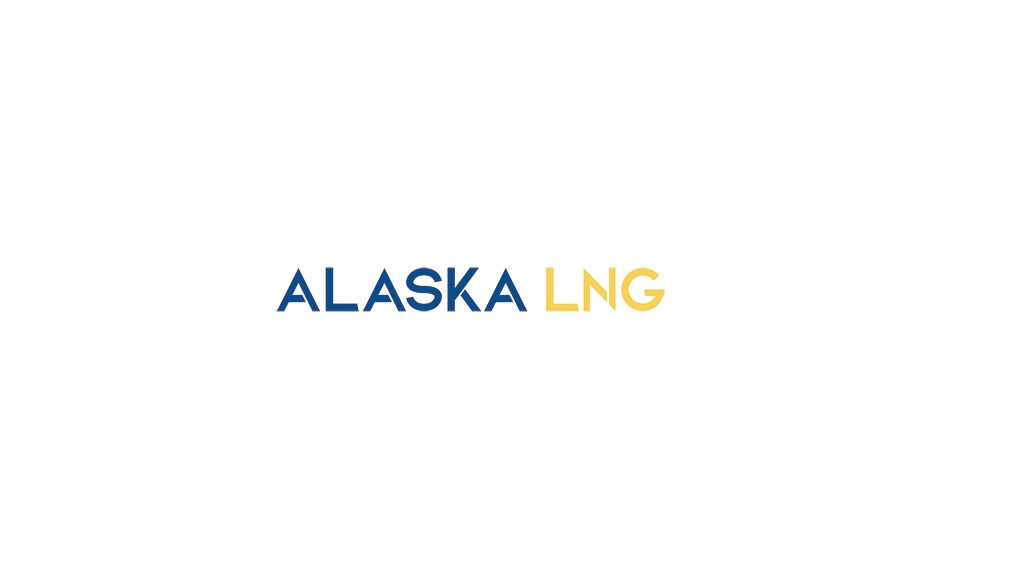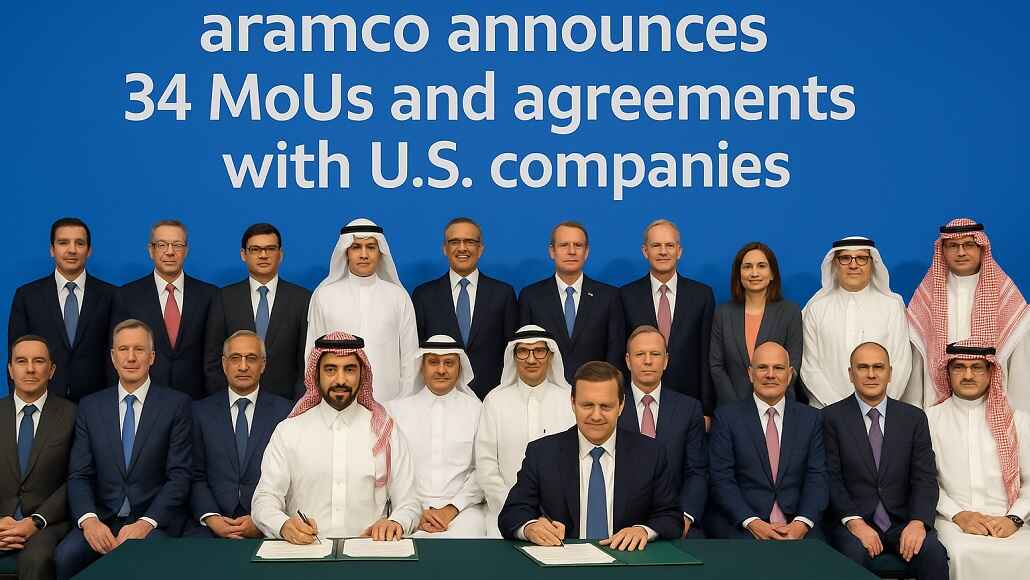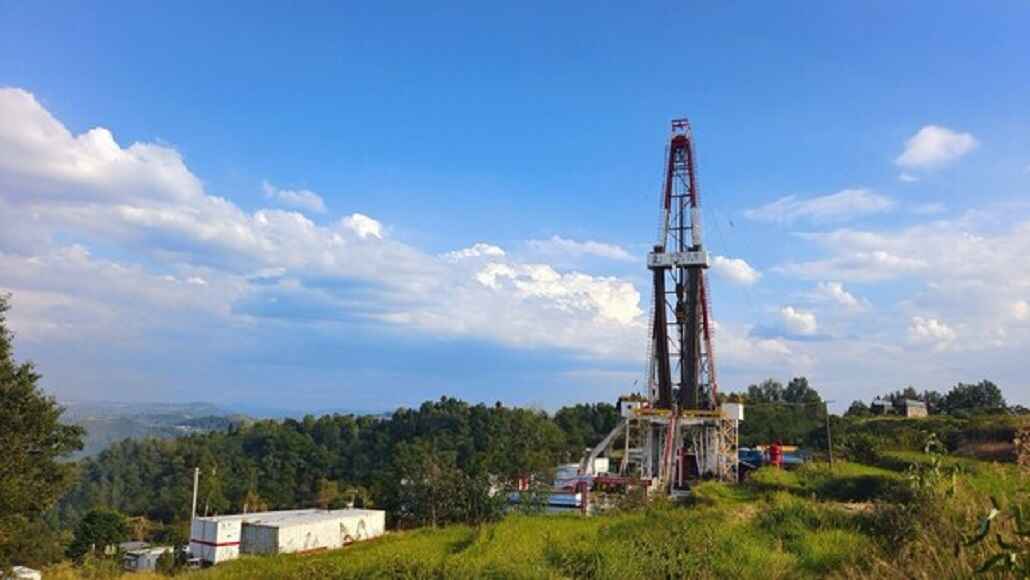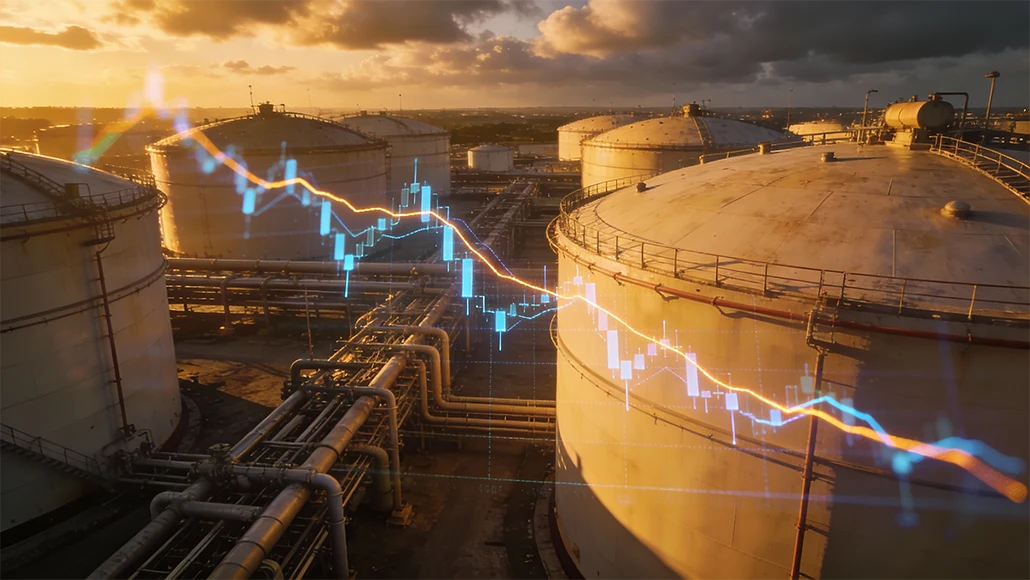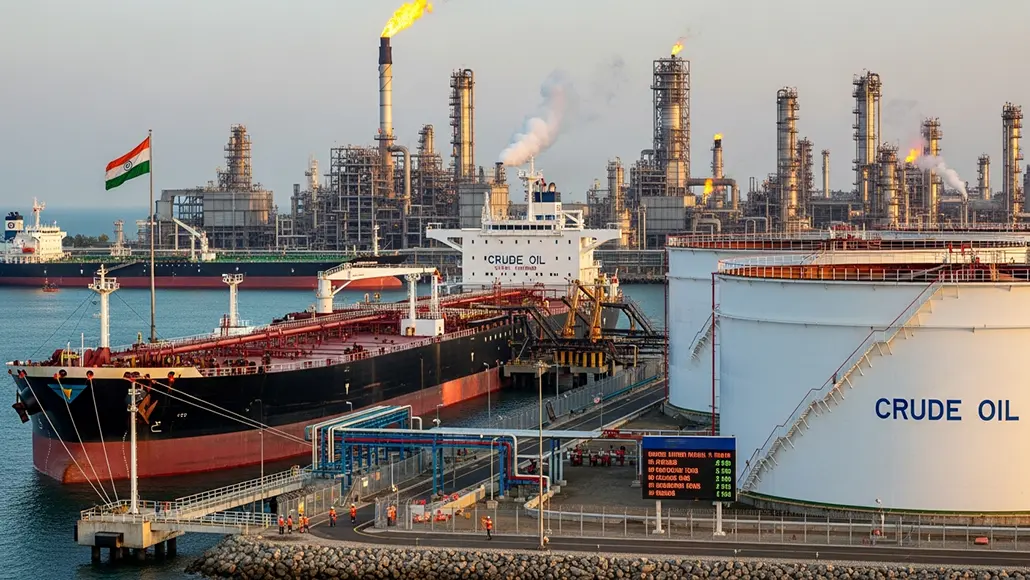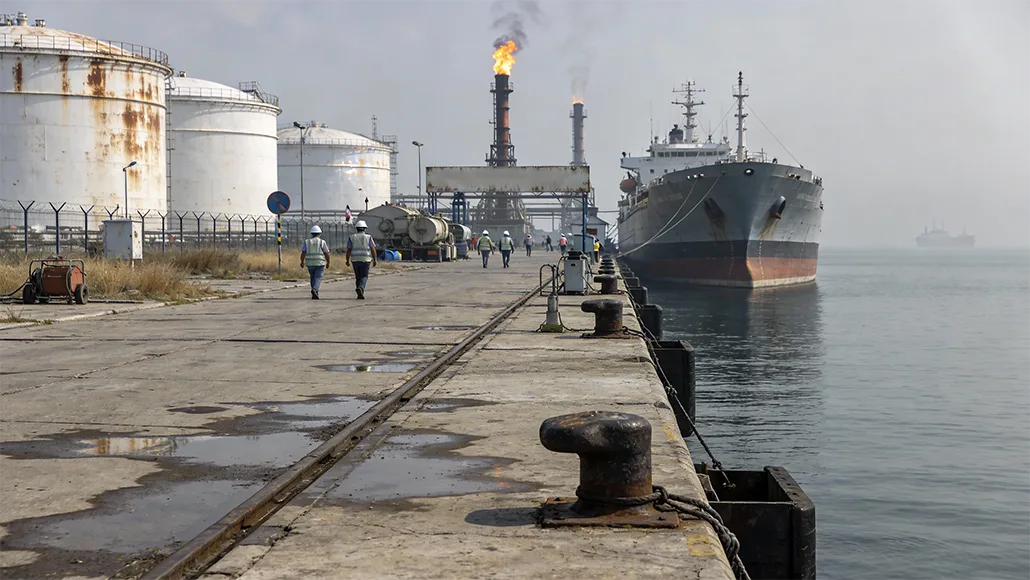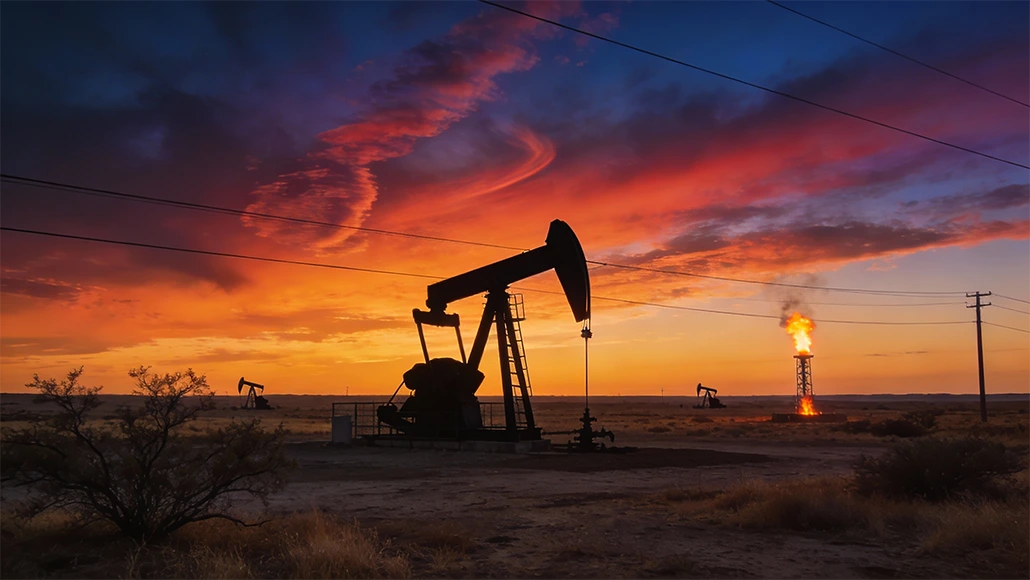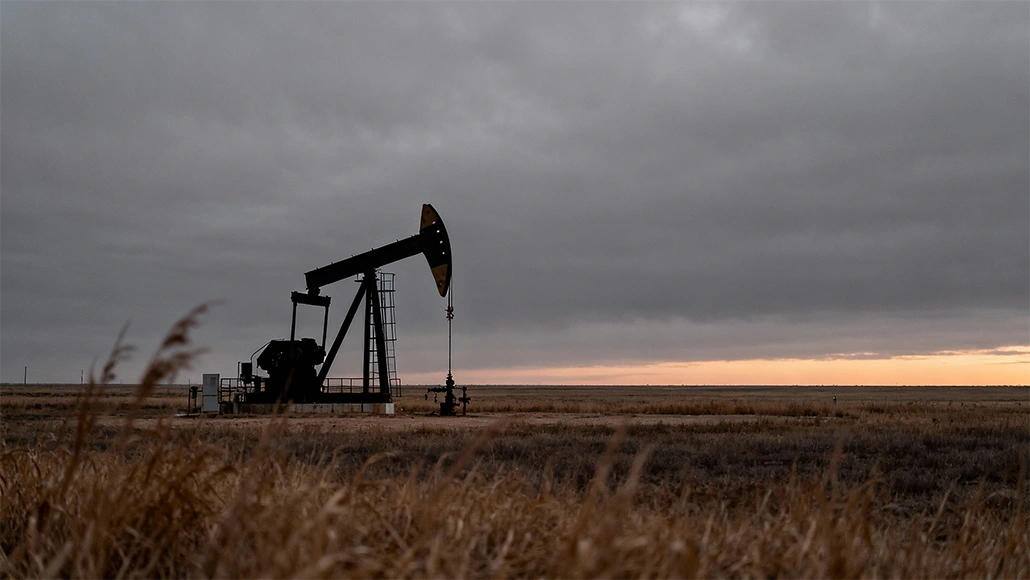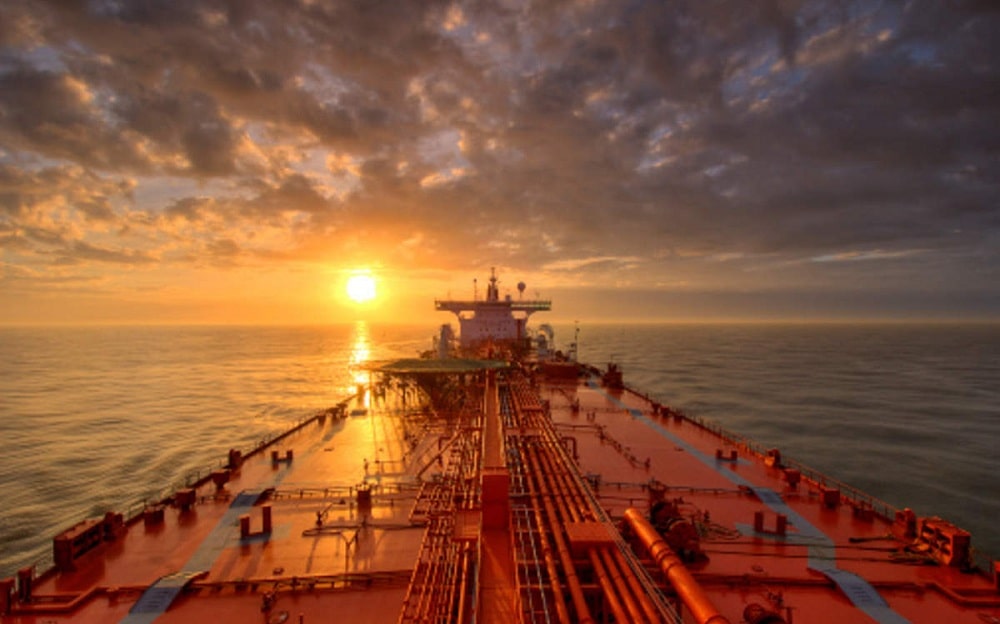The Monjasa Trader is built to high specification for European coastal trade and was well maintained by former sole owner, Neste Corporation in Finland. In West Africa, the availability of Very Low Sulphur Fuel Oil (VLSFO) for the marine industry has substantially increased following the IMO 2020 transition. These products are emerging from local refineries across the region, including Angola, Nigeria, Ghana and Ivory Coast for the benefit of the global maritime trade in the area.
“We are operating in an extremely competitive commodities market and we need to constantly adapt our fleet logistics to the shifting market dynamics. Before the IMO 2020 transition to low-sulphur marine fuels, we used to purchase and transport the fuel from Europe to West Africa using Suezmax tankers. Today, we are sourcing much of our fuel oil products from local refineries across West Africa and for this purpose the flexi size and high specifications of Monjasa Trader makes her an ideal vessel for assessing various local loading points,” said Group CEO, Anders Østergaard.
Monjasa is a leading supplier of marine fuels in West Africa and has been operating throughout the region from the Gulf of Guinea to Namibia since 2008.
Related: Less than 25% of bulkers and tankers will attain EEXI compliance
In 2020, Monjasa supplied more than 1m tonnes of marine fuels in West Africa and the company currently deploys 10 regional tankers, including the 120,000-dwt oil tanker SKS Dokka, which serves as a floating storage off Lomé, Togo.
Monjasa currently ranks as the 6th largest global marine fuels supplier with a total volume of 4.9m tonnes delivered in 2020. Overall, Monjasa controls a fleet of 25 tankers and barges globally.



